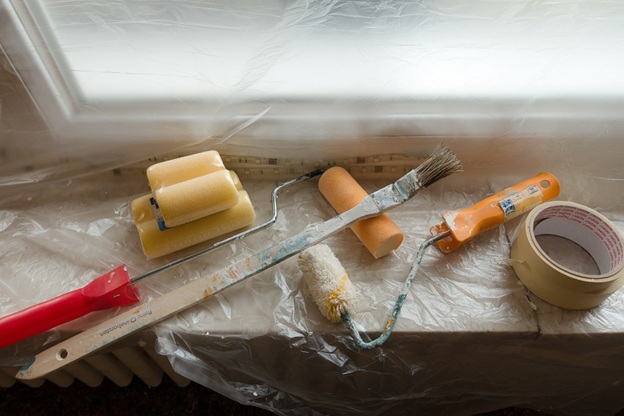For seniors looking for a new venture, house flipping offers a compelling blend of creativity…

Your credit is the start of the homeownership process, whether you’re buying your first home or your tenth one, so take the job of improving and repairing your credit seriously. It may take some time but starting now can give you a jump on future bidding in a tight real estate market.
If your credit needs some work, there is no instant or painless way to repair it, but with time, persistence, and patience, you can whip it into shape. Contact Annual Credit Report.com and examine all the items shown to confirm they are correct. Plan to start making phone calls to find out how to correct errors, try to bring past due bills current, and if you can, pay off small bills.
Take Steps Now
If you find errors on your credit report, call the creditor to dispute the entry. You will likely need to provide proof that you paid the charge, so be prepared to provide paper or electronic receipts, or even copies of bank statements as proof of payment. Once the bill is acknowledged as paid in full, you must specifically ask the creditor to remove your account from their collection agency. Ask them how long this process will take and make sure you note the date, time, and name of the representative with whom you spoke. You’ll want to check your credit report again in 30 days to confirm the removal of the incorrect entry.
If you are past due on any bills, contact the lender to ask how you can bring the balance current. If you can afford it, simply paying off the balance will make the fastest improvement to your credit score, but don’t worry too much if you can’t pay it in full. Bringing the balance current and then staying on top of it will improve your credit score.
Be prepared to pull your credit report every month for a few months while you’re working on improving your credit score. You want to have the same information on your financial history as lenders do when you apply for a home loan.
Why You Should Care
You should care about your credit score because your bank cares about it. It’s the biggest tool they use to determine your creditworthiness before approving you for a large loan. If you’re thinking about buying a home in the next year, start now to get your finances in good shape. Your credit report gives them a glimpse into how you handle your financial affairs.
If you pay your bills on time and keep your outstanding credit to a manageable limit, your lender will consider you for a home mortgage. If your credit report shows that you are a good credit risk, the bank can offer you a lower interest rate, possibly saving you thousands of dollars over the life of your loan.
Your good credit score means you qualify for a lower interest rate. A one percent lower interest rate can mean $100 or more savings per month on your mortgage payment, leading to tens of thousands of dollars in savings over the life of a 30-year mortgage. That’s a whole lot of your money!
The Bottom Line
Don’t mess around with your credit. It’s still a tight real estate market in our area and across the country. Buyers are fiercely competing for available homes and if you’re ready to buy a home, you should use every tool at your disposal to give you the advantage when bidding on a home.
Clean up your credit, get a great interest rate, and then go find your new home!


